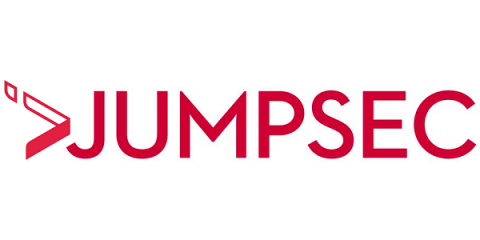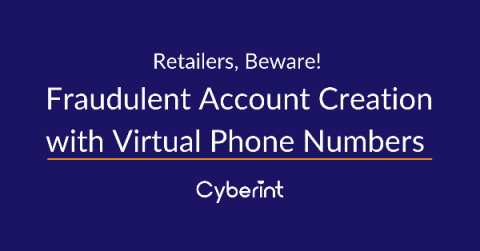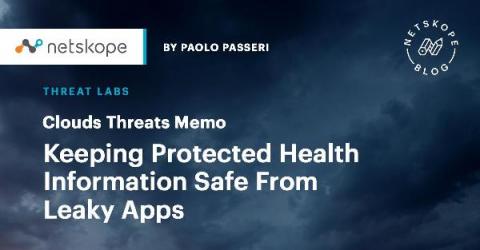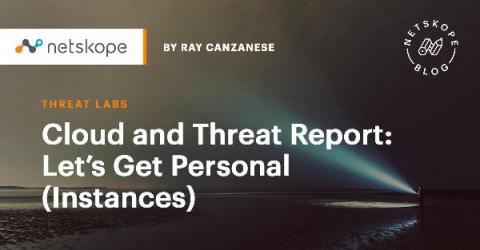Evaluating The State Of Cyber Threat Intelligence
Cyber threat intelligence (TI), defined as data that offers insight into a threat actor’s motives, targets, and behaviours, has soared in popularity in recent years. These factors have contributed to a TI boom where subscription data feeds proliferate.










